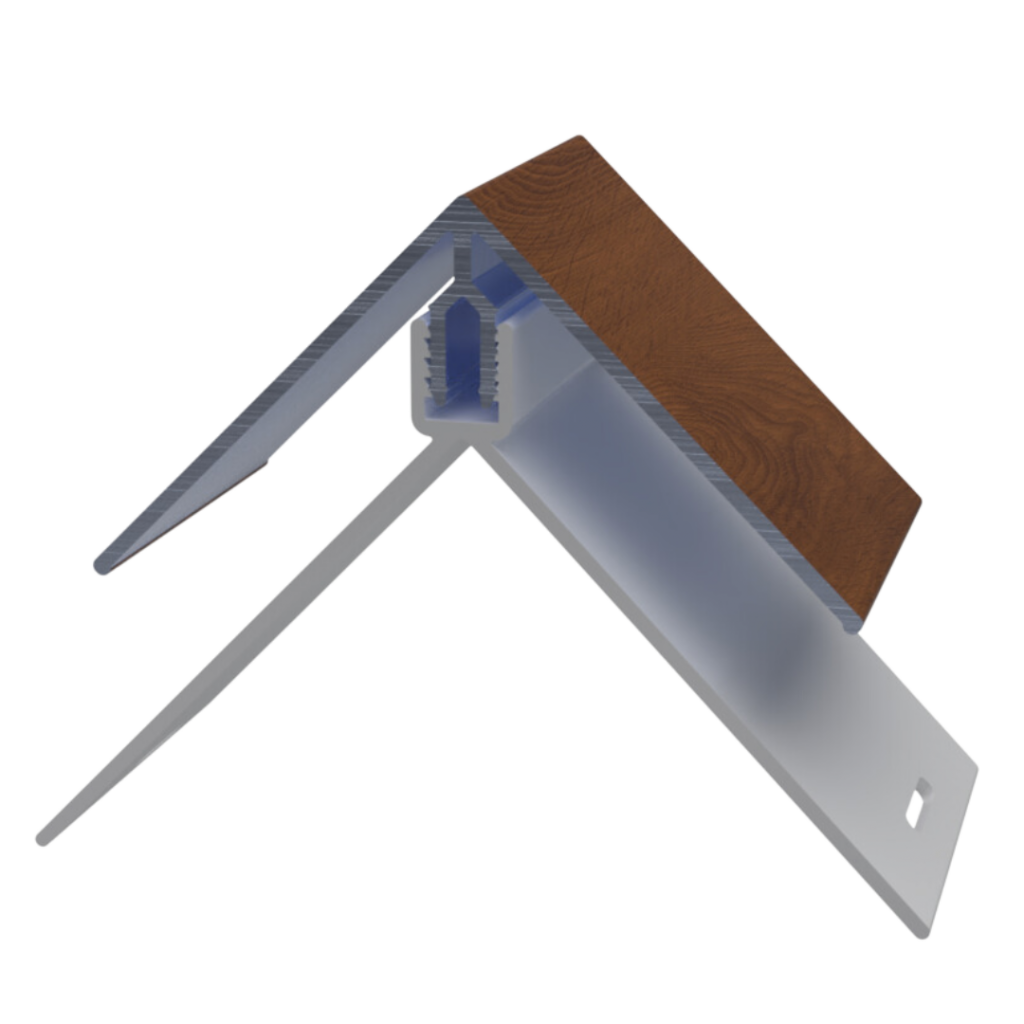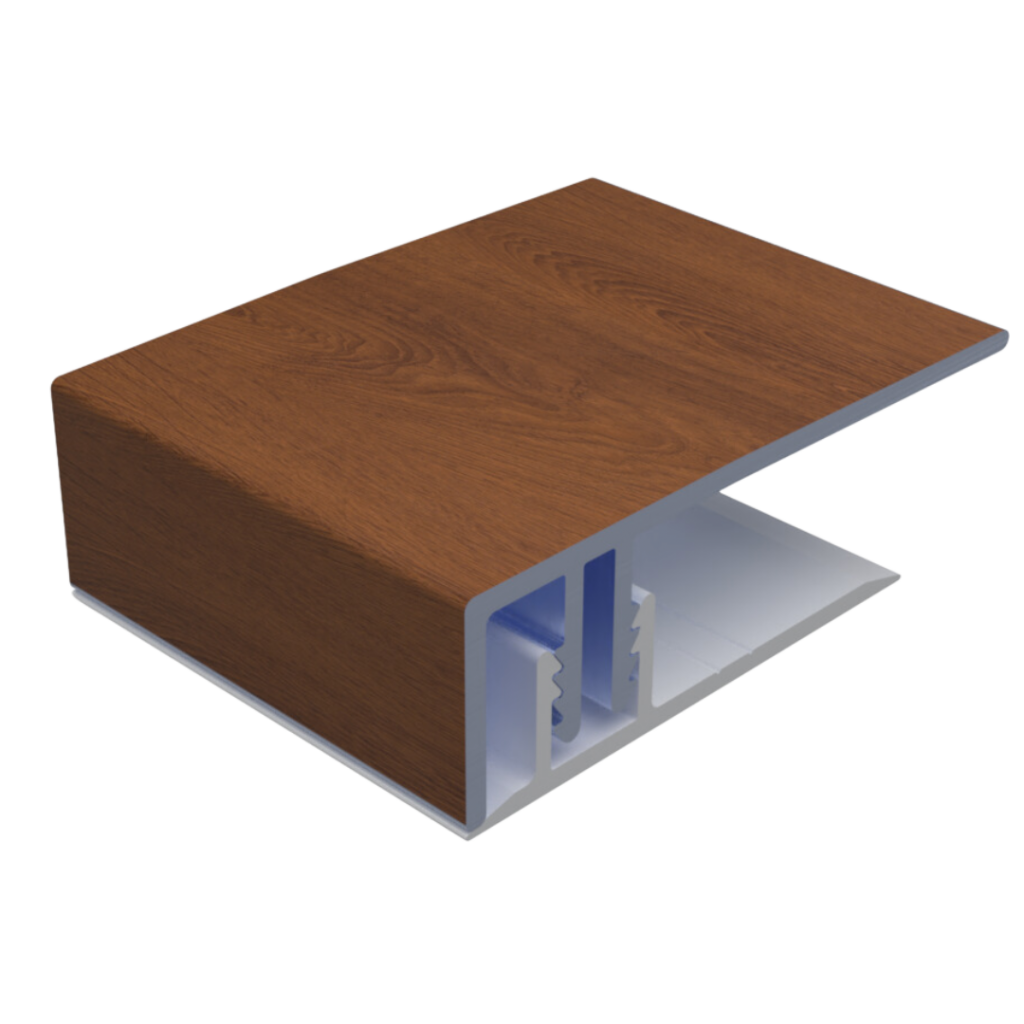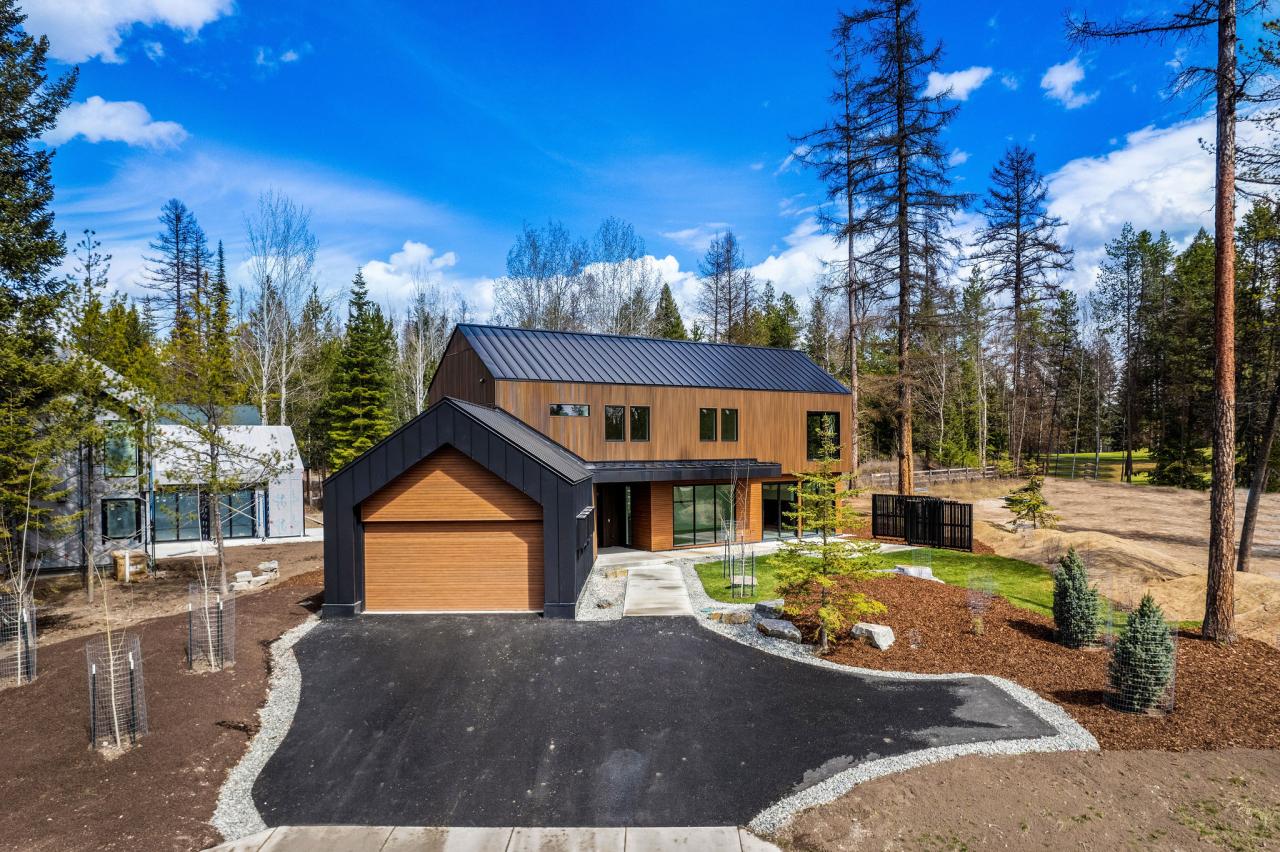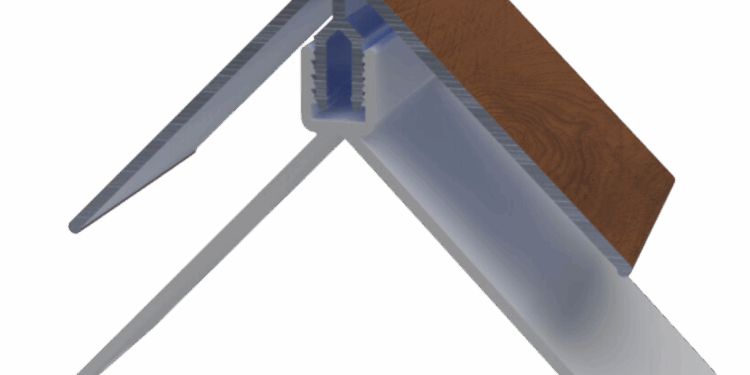Delving into the realm of Chamclad cost unveils a myriad of factors that influence pricing, comparisons with other cladding options, and cost-saving strategies. This comprehensive guide aims to shed light on the intricacies of Chamclad cost and provide valuable insights for those considering this innovative cladding solution.
Factors Affecting Chamclad Cost
When it comes to determining the cost of Chamclad installation, several factors come into play. These factors can significantly influence the overall pricing and must be considered before starting the project.
Material Quality
The quality of the materials used for Chamclad installation directly impacts the cost. Higher quality materials are typically more expensive but offer better durability and aesthetics. Cheaper materials might reduce the initial cost but could lead to higher maintenance expenses in the long run.
Labor Costs
Labor costs play a crucial role in determining the overall cost of Chamclad installation. Skilled labor with experience in working with Chamclad may charge higher rates, impacting the project budget. Additionally, the complexity of the installation process can also affect labor costs.
Project Scope
The scope of the project, including the size of the area to be covered with Chamclad and any specific design requirements, can influence the cost. Larger projects or those with intricate designs may require more materials and labor, resulting in higher overall costs.
Geographical Location and Market Demand
Geographical location can affect Chamclad costs due to variations in material availability, transportation expenses, and local labor rates. Areas with higher market demand for Chamclad installations may also experience price fluctuations based on supply and demand dynamics.
Customization and Special Requirements
Customization or special requirements, such as unique colors, textures, or patterns, can increase the overall cost of Chamclad installation. These bespoke elements may require sourcing specific materials or additional labor, adding to the project expenses.
Comparing Chamclad Costs with Other Cladding Options
When considering different cladding options for your building, it's important to compare the costs of each material to make an informed decision. Let's explore how Chamclad stacks up against other popular cladding choices like brick, vinyl, and wood.
Alternative Cladding Materials
- Brick: A traditional and durable cladding option, but can be costly due to labor-intensive installation.
- Vinyl: A more affordable option initially, but may require more maintenance and have a shorter lifespan compared to other materials.
- Wood: Offers a natural aesthetic but requires regular maintenance and is susceptible to rot and pests over time.
Cost Comparison
- Chamclad: While Chamclad may have a higher upfront cost compared to vinyl, it is more cost-effective in the long run due to its durability and low maintenance requirements.
- Brick: Initial installation costs for brick can be high, but its longevity may offset the upfront expenses.
- Wood: While wood may be cheaper initially, ongoing maintenance costs can add up over time, making it a less cost-effective option.
Maintenance Costs
- Chamclad: Requires minimal maintenance, reducing long-term costs associated with repairs and upkeep.
- Brick: Generally low maintenance but may require periodic cleaning and repairs over time.
- Vinyl: Requires regular cleaning and may need to be replaced sooner than other materials, increasing maintenance costs.
- Wood: Prone to rot, pests, and weather damage, leading to higher maintenance expenses over the lifespan of the cladding.
Cost-Saving Strategies for Chamclad Installation

Proper planning and budgeting are essential when it comes to saving money during the Chamclad installation process. By implementing cost-saving strategies, you can reduce the overall expenses while achieving a high-quality finish. Here are some tips and techniques to help you cut down on costs:
Negotiate Prices with Suppliers or Contractors
When sourcing materials or hiring contractors for Chamclad installation, don't hesitate to negotiate prices
DIY Installation Techniques
Consider taking on certain aspects of the installation process yourself to reduce labor costs. While Chamclad installation may require professional expertise for certain steps, there are DIY options available for simpler tasks. By tackling these tasks on your own, you can save money on labor expenses and contribute to the overall cost-saving strategy.
Optimize Material Usage
Efficiently utilizing Chamclad materials can help minimize waste and reduce additional costs. Plan the layout and design of the installation carefully to optimize material usage and avoid unnecessary expenses. By cutting materials accurately and minimizing offcuts, you can make the most out of your Chamclad supplies and lower the overall cost of the project.
Maintain a Detailed Budget
Keeping a detailed budget throughout the Chamclad installation process can help you track expenses, identify areas where costs can be reduced, and make informed decisions. By monitoring your spending and staying within budget, you can avoid overspending and ensure that the project remains cost-effective.
Regularly review your budget and make adjustments as needed to stay on track financially.
Understanding the Cost Breakdown of Chamclad Projects

When it comes to Chamclad projects, understanding the cost breakdown is essential for proper budgeting and planning. Let's delve into the breakdown of costs for a typical Chamclad installation project.
Chamclad installation projects typically involve costs that are distributed among various components such as materials, labor, permits, and additional expenses. Each of these elements plays a crucial role in determining the total cost of the project.
Cost Components of a Chamclad Project
- Materials: This includes the cost of the Chamclad panels, adhesives, and any other materials required for the installation.
- Labor: The cost of labor encompasses the fees paid to the installation team or contractors for their services.
- Permits: Obtaining permits for the Chamclad installation from the relevant authorities may also incur costs.
- Additional Expenses: These can include equipment rentals, transportation costs, and any unforeseen expenses that may arise during the project.
Estimating Total Cost of a Chamclad Project
Estimating the total cost of a Chamclad project can be done based on the square footage of the area to be covered or the complexity of the project. By factoring in the cost components mentioned above, a more accurate estimate can be achieved.
Cost Breakdown Examples
| Project Size | Materials | Labor | Permits | Additional Expenses |
|---|---|---|---|---|
| Small-Scale | 40% | 30% | 10% | 20% |
| Medium-Scale | 35% | 40% | 15% | 10% |
| Large-Scale | 30% | 45% | 20% | 5% |
Final Review

In conclusion, understanding the nuances of Chamclad cost is essential for making informed decisions when it comes to cladding projects. By exploring the factors, comparisons, and strategies discussed, individuals can navigate the realm of Chamclad cost with confidence and clarity.
FAQ Resource
What factors contribute to Chamclad cost?
Factors such as material quality, labor costs, project scope, geographical location, market demand, and customization play a significant role in determining Chamclad cost.
How does Chamclad cost compare to other cladding options?
Chamclad cost can vary compared to alternatives like brick, vinyl, or wood. Long-term benefits and maintenance costs should be considered when making a decision.
What are some cost-saving strategies for Chamclad installation?
Proper planning, budgeting, negotiating prices, and exploring DIY options are effective strategies to reduce Chamclad installation costs.
Can you break down the cost components of a Chamclad project?
A typical Chamclad project cost breakdown includes materials, labor, permits, and additional expenses. The total cost estimate can be based on square footage or project complexity.


